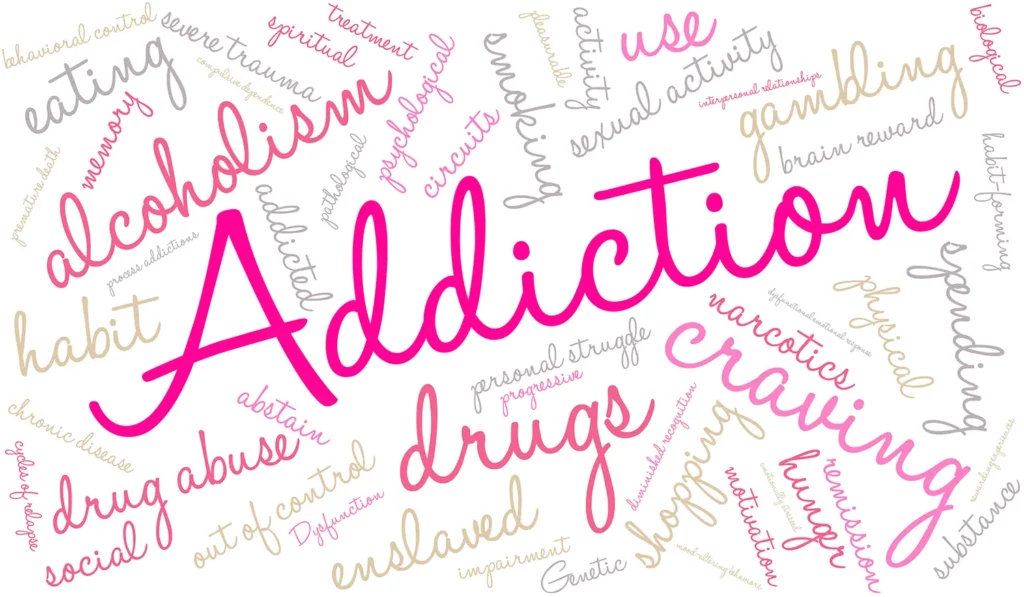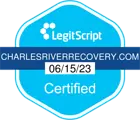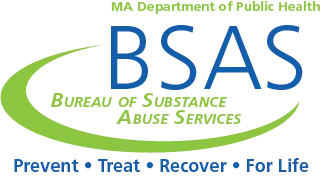Redefining Relapse: Embracing Growth and Resilience in Your Recovery Journey
Overcoming a relapse can be done by understanding this is just one setback in your recovery journey.
After going through detox and treatment for an alcohol use disorder, it is common to see a relapse as a failure. You may feel that you have let yourself and those around you down. It is important to understand that anyone pursuing a valuable goal will have both setbacks and growth.
Are you or a loved one looking for ways to grow and learn after a relapse? In this article, we will discuss why relapses happen, and how to prepare with your own coping plan and strategies.
What Is a Relapse?
A relapse is a return to harmful addictive behavior after a period of sobriety. A “traditional” relapse is when someone returns to drinking alcohol or using drugs. A “freelapse” is accidentally partaking in a drink or drug, like someone accidentally being handed an alcoholic beverage instead of a mocktail.
Relapses don’t begin all at once, but rather progress over a period of time.
A Relapse Typically Progresses in Stages
- The emotional relapse stage happens when you start to become unable to cope with your feelings healthily. You may begin to self-isolate, repress your emotions, and neglect taking care of yourself. The beginnings of this negative inner behavior can set the stage for an impending relapse.
- The mental relapse stage is when you begin bargaining with yourself over your sobriety. You may begin seeing your time before recovery with rose-tinted glasses, and wonder why you stopped. You may make excuses for your desires and cravings, and you may even start planning a time to use again.
- The physical relapse stage is when you finally drink alcohol or use substances. You may plan on only having one drink (or using once), but one drink can quickly become two, and then more until you’ve lost all sense of control.
What Are the Major Triggers of a Relapse?
- Stress. When you are unable to cope with large amounts of stress, you may fall back on old harmful habits like self-medicating with alcohol or drugs. Strong emotions like anger, anxiety, depression, and boredom can play a large part in triggering a relapse.
- Exposure to environments and people related to past alcohol or substance use. When individuals in recovery are exposed to environmental or social cues that remind them of alcohol or substance use, strong cravings can arise. For example, attending a bar or surrounding themselves with old friends they used to drink around or use with.
- Interpersonal conflicts. Conflicts with the people closest to us can make many strong, negative emotions arise. The inability to manage these emotions can be harmful to those in recovery.
- Peer pressure. Family and friends who are not supportive of your sobriety may try to pressure you into trying alcohol again. Even if they do not actively pressure you, simply being around them while they drink can create strong urges to relapse again.
- Positive emotions. While depression and anxiety are well-known relapse triggers, it has also been shown that positive feelings and moods can trigger a relapse. You may feel the need to celebrate with alcohol.
What Steps Should You Take After a Relapse?
- Reach out for support. Asking your family, friends, loved ones, and sober companions or coaches for help is vital in this stage. A strong support system can be a vital part of helping you overcome your relapse.
- Go to a self-help group. 12-step programs like Alcoholics Anonymous can help you by giving you a safe place to feel heard and understood during this time. They usually meet daily, providing you with a good chance of getting to one within 24 hours of your relapse.
- Remove all triggers. Avoid all environments, people, and things that remind you of your alcohol cravings. Keep as far away from them as you can during this time that you may experience more intense cravings.
- Practice self-care. Take care of your body and mind during this time by practicing yoga, mindfulness, meditation, and keeping healthy eating and sleeping habits.
- Reflect on the relapse. Now is the time to look inside and ask yourself how this happened. Practice self-compassion, and avoid falling into shame spirals as you objectively look at the situation. See this as a valuable learning experience.
- Make a prevention plan for your future relapses. Having a detailed list of action steps you can take for future setbacks in your recovery can be a great help to you. Consider writing down different coping skills when urges arise, numbers and addresses of support groups, and names of loved ones who you can call for support.
Should You Return to Treatment?
If you can’t stop using alcohol and/or other substances after a relapse, asking a professional for their help is a good idea. This does not mean your previous detox and treatment has failed. Just like with any other chronic illness, relapses may show that it is necessary to return to the previous treatment or try a new one.
Relapsing is a normal experience in a recovery journey. Keeping a self-compassionate approach to your setbacks is one of the best ways you can help yourself heal and grow stronger as you overcome your relapse.
Frequently Asked Questions
How can you recover from a relapse the fastest?
The sooner you take steps to change your behavior, the easier it is to get back on track with your recovery journey. Doing things like removing alcohol and other substances completely and seeking out support from a sober companion or other trusted individual is the quickest way to begin recovering from a relapse.
Are there rules to relapse?
Some general rules for recovering from relapses are:
- Alter your life
- Be honest
- Seek help
- Use self-care
Following these rules can help you overcome a relapse more easily.
When is the most likely time to relapse?
In general, only one in five individuals will stay sober through their first year in their recovery journey. It is important to remember that the longer one stays connected to a treatment program in any of its dimensions, the better the chances are that they will have success. The chance lessens as time passes, but even those who have been sober for two years have a 40% chance of relapsing.
References:
American Addiction Center (2022, September 14). Addiction Relapse: Risk Factors, Coping & Treatment Options. AmericanAddictionCenters.org. Retrieved March 25, 2023, from https://americanaddictioncenters.org/treat-drug-relapse
National Institute on Alcohol Abuse and Alcoholism (2014). Treatment for Alcohol Problems: Finding and Getting Help. Niaa.Nih.gov. Retrieved March 25, 2023, from https://www.niaaa.nih.gov/publications/brochures-and-fact-sheets/treatment-alcohol-problems-finding-and-getting-help
SMART Recovery (2019, June 24). Life After Relapse — How to Bounce Back and Start Over. SmartRecovery.org. Retrieved March 25, 2023, from https://www.smartrecovery.org/life-after-relapse-how-to-bounce-back-and-start-over/
National Library of Medicine (2015, September 3). Relapse Prevention and the Five Rules of Recovery. Ncbi.nlm.nih.gov. Retrieved March 25, 2022, from https://www.ncbi.nlm.nih.gov/pmc/articles/PMC4553654/#:~:text=success%20are%20greatest.-,Most%20relapses%20can%20be%20explained%20in%20terms%20of%20a%20few,don%27t%20bend%20the%20rules
Discovery Institute (2017, January 9). Addiction and Alcoholism Relapse Statistics. Discoverynj.org. Retrieved March 25, 2022, from https://www.discoverynj.org/addiction-relapse-rates-high-early-recovery/






